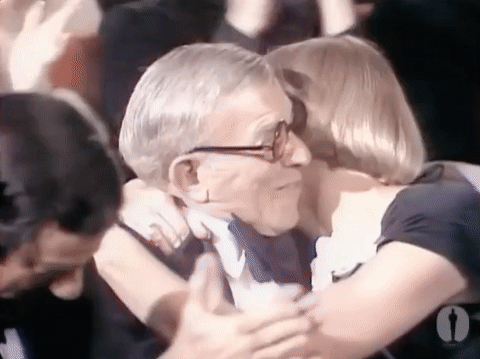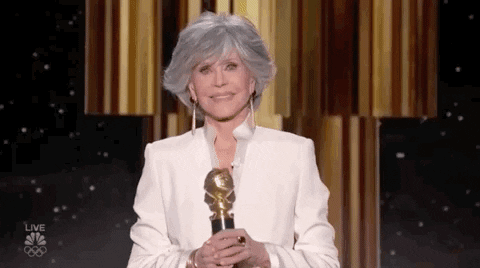On "Aging Contests"
Does the performance-driven nature of our culture extend to aging? Do you feel pressure to age competitively with others, in any particular way? An open thread...


Readers,
Next week I’m going to be interviewed on a podcast. This week, while prepping me for the interview, the host asked a question I didn’t know how to answer, so I thought I’d ask all of you to weigh in:
Does our culture’s performance-driven nature extend to aging? Do you feel pressure to “age well”—whatever that means—in one way or another? Is there some kind of aging competition being imposed on us? Maybe even more than one kind?
I’ll incorporate your responses on the podcast.
***
I find it a really interesting question, especially now that there’s a conversation being had about how many of us are aging differently than those who came before us. Has that led to some kind of contest for who can age the most differently? Or with the least evidence of getting older? The most “gracefully”? Or, on the flip side, who can exhibit the greatest acceptance of the changes aging has wrought?
In recent years, a whole industry has cropped up with anti-aging vitamins and remedies. The brands behind them are constantly marketing to us, their messaging influencing how we feel about getting older. There’s the Menopause Industrial Complex, helmed by celebrities who can afford any and all interventions. We now have “aging influencers” on social media, who show off either how impossibly youthful they are for their age…or how liberated they feel from the concerns of their youth…or how well they’ve made peace with gray hair and wrinkles.
As the editor of this magazine, I honestly like to celebrate all of the above—all different attitudes towards aging, and experiences of it. Two-and-a-half years into publishing Oldster, I remain curious about how everyone is navigating and making sense of the many joys and sorrows of passing through time in a human body.
Maybe there are several contests going on at once, depending on gender, ethnicity, how old we are, and other demographics. For instance, a friend nearly twenty years my senior feels pressured by our culture to have her looks and attitudes hue towards those long associated with being an older woman. It’s telling her not to dye her hair or have plastic surgery—to instead look like a proper old lady.
In contrast, I feel the culture telling me to dye my hair, and get Botox and fillers, and whatever else it takes to make it so that I look younger than my age. On some level, keeping my gray is an act of defiance. Also, though, I just like the way it looks. I think of myself as having “good gray,” and, uh-oh, maybe that is evidence of engaging in a sort of competition.
Okay, now it’s your turn. In the comments, tell me:





What a great question. I do think among some quarters the competition is Who can look youngest the longest? And in other quarters it's Who can look best while old? And then there's Who can look oldest while not caring the most? I think we generate the competition to take our minds off the fact that we're all going to wind up dead.
This is a super thought-provoking question! The thing I find tiresome is that most celebrities who are "aging so well" can afford to spend thousands on cosmetic procedures (who amongst we mortals has not lifted their cheeks up in the mirror, just to see?) Plus, they have staff to prep mango smoothies for them and personal trainers at the gym. Knowing these facts intellectually, why does the average woman still think it's possible/appropriate to "compete" with all that? That said, even though I am doing my best to maintain what I can, I do still feel shame for looking older - it's a kind of sadness, like my (last) chance to be even remotely attractive is closing in on me. I then give myself a fierce pep talk about being shallow and count my (considerable) blessings but it's tiresome to deal with and always leaves me another kind of corrosive shame for even caring.